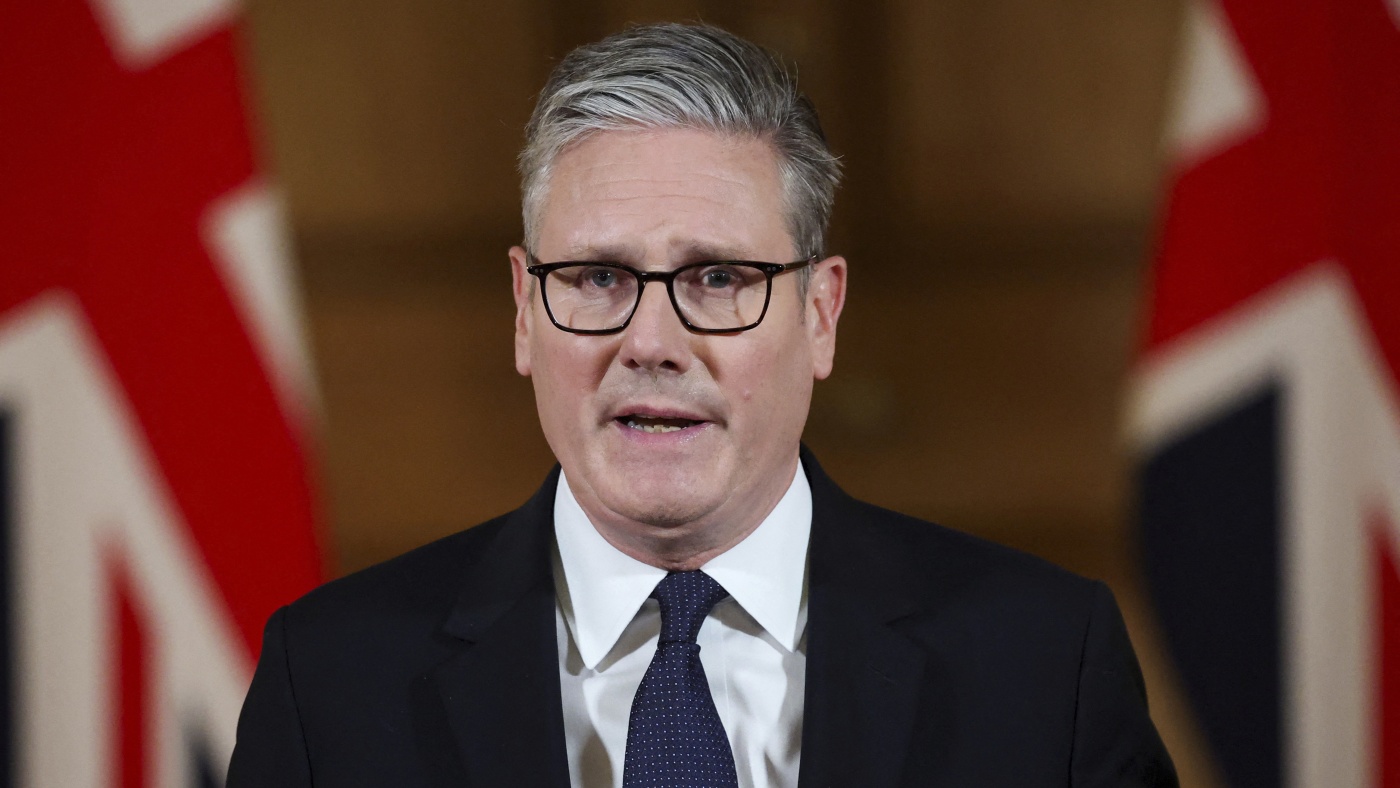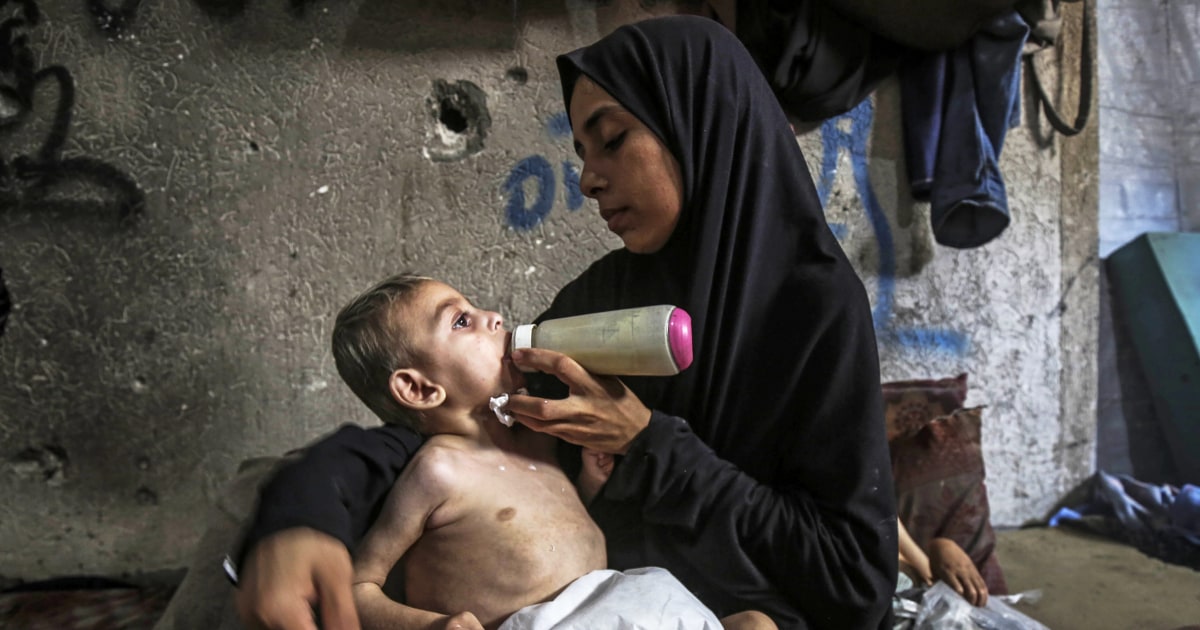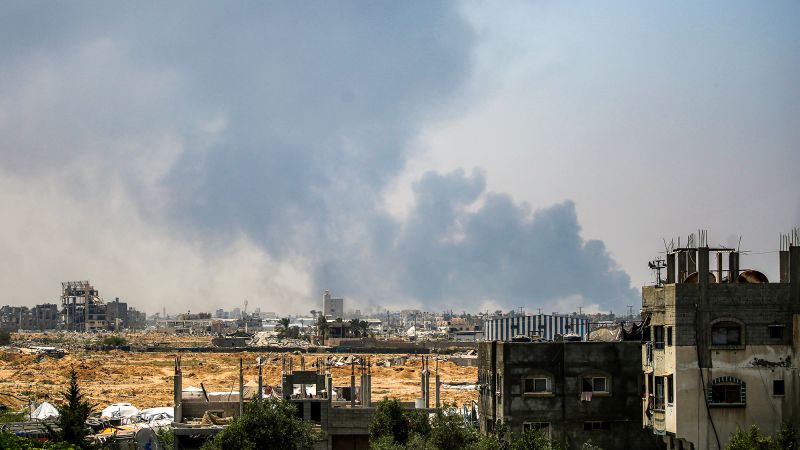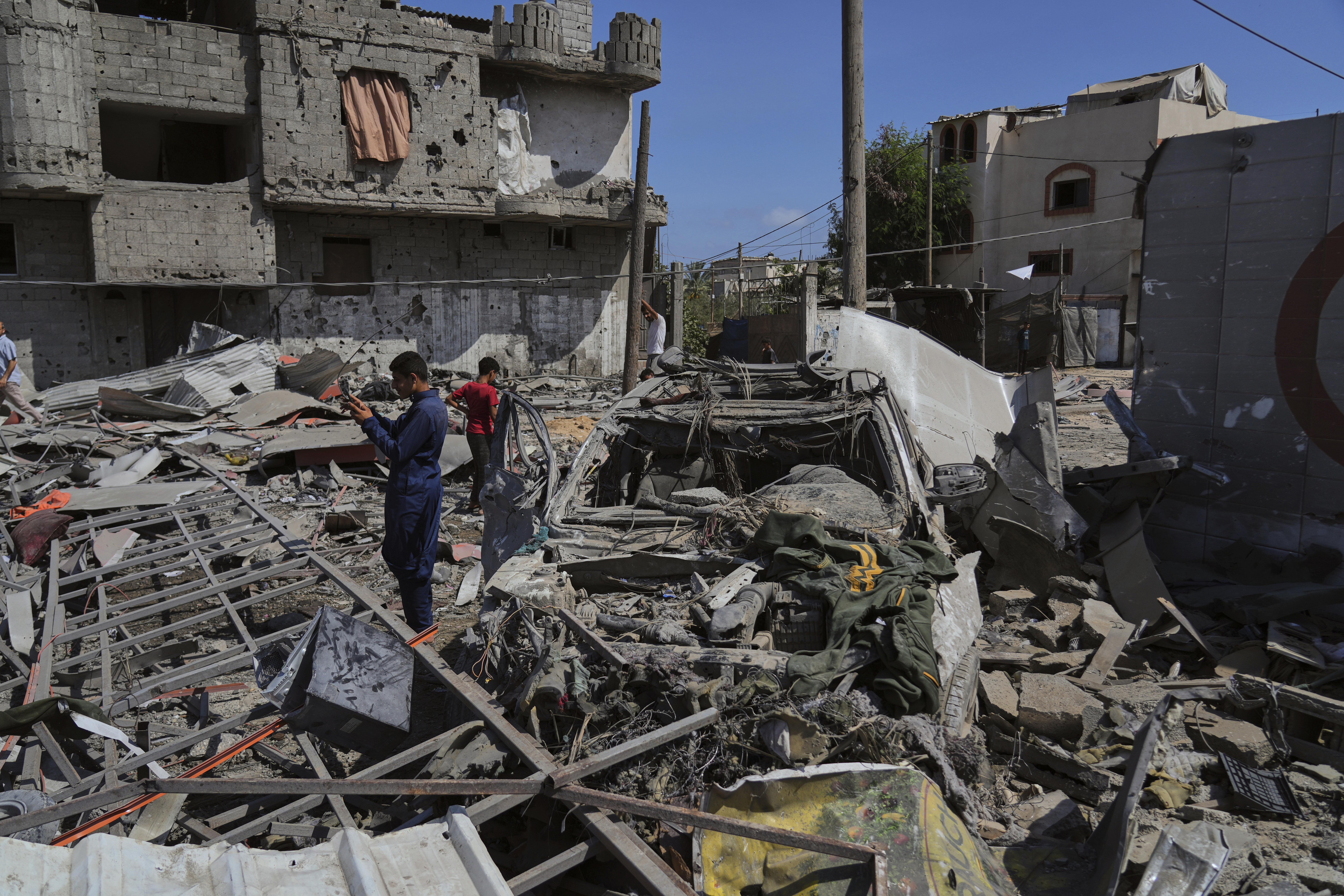Tragedy in Gaza: The Devastating Impact of the Ongoing Conflict

Introduction
The ongoing conflict between Israel and Palestine has resulted in a tragic loss of lives, with the most vulnerable being the hardest hit. The recent report by The Washington Post reveals that over 60,000 Gazans have been killed, with an astonishing 18,500 of them being children. This means that, on average, more than one Palestinian child has been killed per hour since the war began.
Key Details
These numbers paint a grim picture of the situation on the ground in Gaza. Children, who are supposed to be the future of any society, have been caught in the crossfire and are paying the ultimate price. This staggering death toll highlights the need for immediate action to end the violence and protect innocent lives.
Impact
The loss of 18,500 children in the ongoing conflict is not just a number, but a heartbreaking reality. These children had names, dreams, and aspirations, and their futures have been cut short. Beyond the devastating impact on families and communities, the loss of these young lives also has long-term consequences for the future of Gaza and the entire region. It is imperative that the international community takes swift action to bring an end to the violence and protect the lives of innocent children.
About the Organizations Mentioned
The Washington Post
## Overview The Washington Post is a leading American daily newspaper and digital news organization based in Washington, D.C. Known for its rigorous political reporting and investigative journalism, it is widely regarded as one of the nation’s most influential newspapers, alongside The New York Times[1][2]. The Post has a significant national readership, with millions of digital subscribers and a strong presence in the Washington metropolitan area, though its print circulation has declined in recent years[1]. ## History Founded in 1877, The Washington Post initially struggled financially and editorially until financier Eugene Meyer purchased it out of bankruptcy in 1933. Under Meyer and later his daughter Katharine Graham and her husband Phil Graham, the paper expanded its influence, acquiring rival publications and building a reputation for fearless journalism[1][2]. The Post’s most famous moment came in the 1970s, when reporters Bob Woodward and Carl Bernstein uncovered the Watergate scandal, leading to the resignation of President Richard Nixon. This cemented the paper’s role as a watchdog for government accountability[1][2]. ## Key Achievements The Washington Post has won 78 Pulitzer Prizes as of 2025, the second-most of any U.S. publication[2]. Its reporting has been instrumental in major national stories, including the Pentagon Papers, secret NSA surveillance, and the January 6 attack on the U.S. Capitol[2]. The paper is also one of the few American newspapers to maintain foreign bureaus, with international news hubs in London and Seoul[1]. ## Current Status In 2013, the Graham family sold The Washington Post to Jeff Bezos, founder of Amazon, for $250 million[1][2]. Under Bezos’s ownership, the paper has expanded its digital offerings and global reach. As of 2025, it has over 2.5 million digital subscribers, though print subscriptions have dipped below 100,000 for the first time in over half a
International Community
The **International Communities Organisation (ICO)** is a London-based international NGO established in 2016, dedicated to protecting the rights of minority and disadvantaged groups worldwide. It focuses on securing access for these communities to rights enshrined in the International Covenant on Civil and Political Rights (ICCPR) and the International Covenant on Economic, Social and Cultural Rights (ICESCR). ICO empowers minorities by equipping them with tools and knowledge to autonomously pursue their social, economic, cultural, and political ambitions through peaceful and diplomatic means[1][2][3]. ICO’s mission centers on fostering peace and reconciliation by promoting cross-cultural cooperation and respect within and among communities. It believes in building peace not by imposing one group's views over another but by constructing a shared vision for a better future. The organization creates platforms that bring together diplomats, academics, lawyers, policy practitioners, researchers, and community representatives to develop collaborative strategies for sustainable peace and justice[1][3]. Key achievements include obtaining special consultative status with the United Nations Economic and Social Council (ECOSOC) in 2021, which amplifies its influence in international peacebuilding and human rights advocacy. ICO has actively facilitated dialogue and reconciliation efforts, notably in conflict regions such as Israel and the Occupied Palestinian Territories, where it promotes multilateralism and sustainable governance focused on the specific needs of minority communities[3]. Currently, ICO continues to engage with states and civil society to strengthen the implementation of legal rights, promote leadership training for minority members, and foster environments where cultural respect and autonomous community development are prioritized. Its neutral and independent stance allows it to act as a voice for the voiceless, advocating for peaceful self-determination and inclusivity in global governance frameworks[1][2][3]. Notably, ICO stands out in the business and technology news context by emphasizing the role of peaceful community empowerment and legal frameworks in stabilizing regions, which can indirectly impact economic development and technological progress by creating more equitable and stable environments.

















